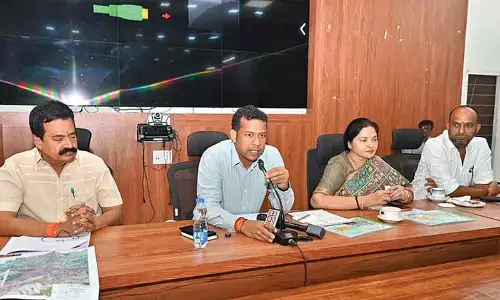Educating students about environmental and green topics

In today’s rapidly changing world, educating students about environmental and green topics is more important than ever.
In today’s rapidly changing world, educating students about environmental and green topics is more important than ever. As the effects of climate change, pollution, and resource depletion become increasingly evident, equipping young minds with the knowledge and skills to address these challenges is crucial for fostering a sustainable future. Schools and universities play a pivotal role in this mission by integrating environmental education into their curricula.
Teaching students about sustainability, conservation, renewable energy, and responsible consumption not only raises awareness but also empowers them to make informed choices. By learning about the impact of human activities on ecosystems, students become conscious of their roles in protecting the environment. Lessons on topics such as climate change, waste management, and biodiversity can inspire them to adopt eco-friendly habits and take proactive measures, such as reducing plastic use, conserving energy, supporting green initiatives.
Experiential learning, such as field trips to nature reserves, recycling plants, and clean energy facilities, further enriches students' understanding. Engaging in hands on activities like tree planting, composting, or creating projects based on sustainable technologies allows students to see the real-world impact of their actions. Additionally, environmental clubs and green campus initiatives encourage collaborative efforts, fostering a sense of community responsibility.
Educating students about environmental topics also promotes critical thinking and problem-solving skills. As future leaders and innovators, students who are well-versed in environmental issues will be better prepared to address global challenges and contribute to sustainable solutions. By nurturing environmental consciousness from an early age, educators can help create a generation that values and prioritizes the health of the planet.
Incorporating green education into school systems is not just a step toward environmental stewardship, but a vital investment in the future of our world. Through awareness, action, and innovation, students can help shape a more sustainable and resilient planet for generations to come.














